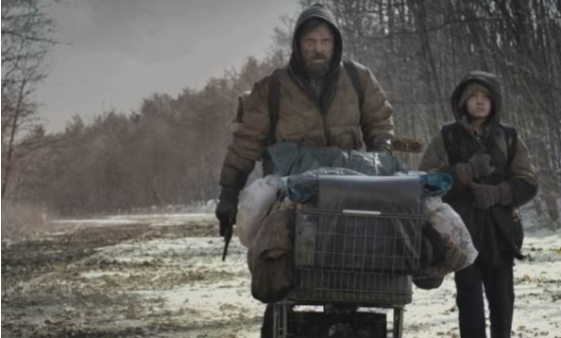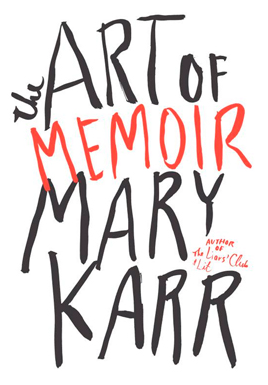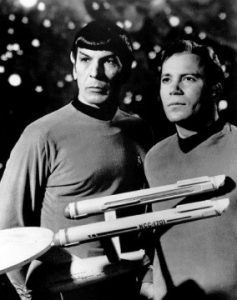By Bobbie Kirkhart
 y university school days – at least on the student side of the desk – are two decades past now, but I daresay this story is still playing out today, in graduate schools and other places where thinking people with different experiences collide.
y university school days – at least on the student side of the desk – are two decades past now, but I daresay this story is still playing out today, in graduate schools and other places where thinking people with different experiences collide.
On the first night of class, we started with an icebreaker: paired off, we were to interview each other and then introduce our colleague to the class. I was partnered with a woman who, as soon as the professor said “begin,” narrated her life story. I knew everything about her in 10 minutes without having asked a single question. She concluded her soliloquy with the statement, “I’m very active in my church.”
When she interviewed me, I concluded, “I’m an atheist activist.” I was almost expecting a negative response, but she simply commented, “that’s interesting.”
When we were called on, she introduced me, my school, my specialty, my hobbies, and then turned to me and asked, “Shall I tell them the secret?” Read more »








 y university school days – at least on the student side of the desk – are two decades past now, but I daresay this story is still playing out today, in graduate schools and other places where thinking people with different experiences collide.
y university school days – at least on the student side of the desk – are two decades past now, but I daresay this story is still playing out today, in graduate schools and other places where thinking people with different experiences collide.
 e sound of cash registers ringing up sale after sale. One reason for their popularity can be traced back to the postmodern questioning of the very foundation upon which non-fiction was based: the concept of an infallible truth. This development, combined with the rise of social media and the willingness of people to share their intimate details with everyone, has provided fertile ground for many people of all backgrounds. Yes, academics as well as average people with little or no professional training as writers do try their hand at this ever-growing subgenre of creative non-fiction. And who can blame them? Why not write something for yourself, your family and friends as well as posterity, especially if history or mainstream society has ignored, silenced, or misrepresented you? And while there are a lot of trashy, gossipy, or unfaithful memoirs, the public as well as critics and scholars are starting to agree that memoir – if done with true honesty, voice, and a dose of creativity – can be just as powerful and masterful as the best fiction writing. So, to the autobiography I would say: “Move over bacon, there is something meatier!” And its name is memoir.
e sound of cash registers ringing up sale after sale. One reason for their popularity can be traced back to the postmodern questioning of the very foundation upon which non-fiction was based: the concept of an infallible truth. This development, combined with the rise of social media and the willingness of people to share their intimate details with everyone, has provided fertile ground for many people of all backgrounds. Yes, academics as well as average people with little or no professional training as writers do try their hand at this ever-growing subgenre of creative non-fiction. And who can blame them? Why not write something for yourself, your family and friends as well as posterity, especially if history or mainstream society has ignored, silenced, or misrepresented you? And while there are a lot of trashy, gossipy, or unfaithful memoirs, the public as well as critics and scholars are starting to agree that memoir – if done with true honesty, voice, and a dose of creativity – can be just as powerful and masterful as the best fiction writing. So, to the autobiography I would say: “Move over bacon, there is something meatier!” And its name is memoir.
